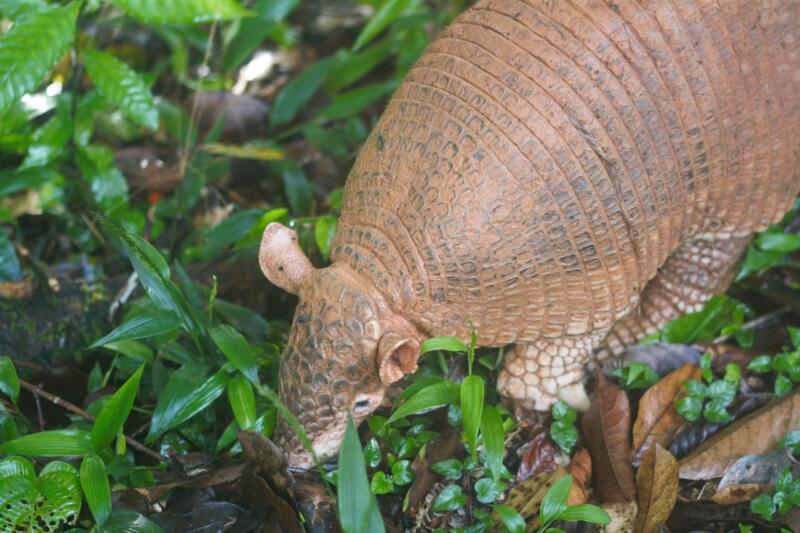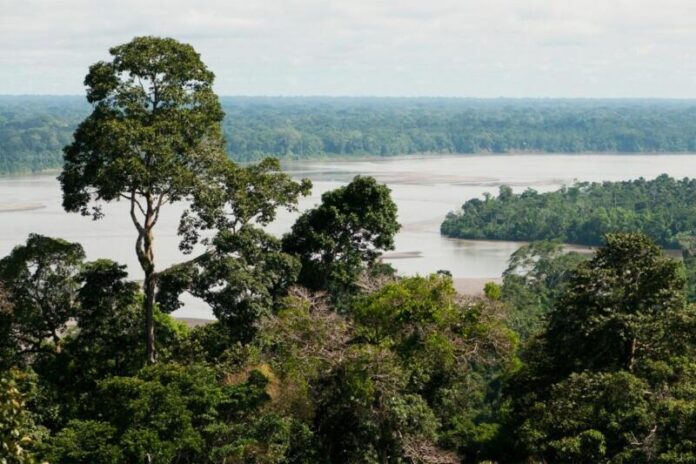In a historic decision Ecuador has voted against drilling in a protected area in the Amazon rainforest.
On Sunday 20 August 2023 Ecuadorians made the decision to vote against drilling in Yasuni National Park, a region of the Amazon that is protected.
The area is extremely unique, and is where two tribes that have no contact with the outside world reside. It is also a mecca of biodiversity, and was designated a biosphere reserve by UNESCO (United Nations Educational, Scientific and Cultural Organization), in 1989. UNESCO define a biosphere reserve as being ‘learning places for sustainable development’.
The vote to save the national park from drilling was put to the public as a referendum, where crucially, 60 percent of voters said no to any future mining activities.
“Today we made history,” Yasunidos, an environmental group that backed the referendum, said in a social media post. It said that the vote was a “historic victory for Ecuador and for the planet”.
Yasuni National Park has a total surface area of over 1 million hectares (2.5 million acres), and is home to a range of animals, including 610 species of birds, 139 species of amphibians, and 121 species of reptiles. Many endangered animals live in this special habitat, including giant armadillos, golden-mantled tamarins and white-bellied spider monkeys.

Whilst Yasuni is rich in oil deposits, and has current mining contracts, the referendum spells the end to this, with all mining companies having one year to vacate the area.
The Amazon is crucial to reducing carbon in the atmosphere, as trees naturally absorb the gas, and acts as a ‘carbon sink’. Though due to carbon-emitting activities, such as mining and deforestation, the Amazon is tittering on the wrong side of an irreversible tipping point. According to WWF:
‘Deforestation in the first half of 2022 was 3 times higher than in the first half of 2017. Deforestation has been increasing year on year for the last 5 years, with no signs of slowing down.’
However, the ball is now firmly in the court of the people, with the Indigenous leader of the Waorani people, Nemonte Nenquimo, telling Al Jazeera:
“We now have the power to let go of the oil companies and give victory to land, water and life.”

